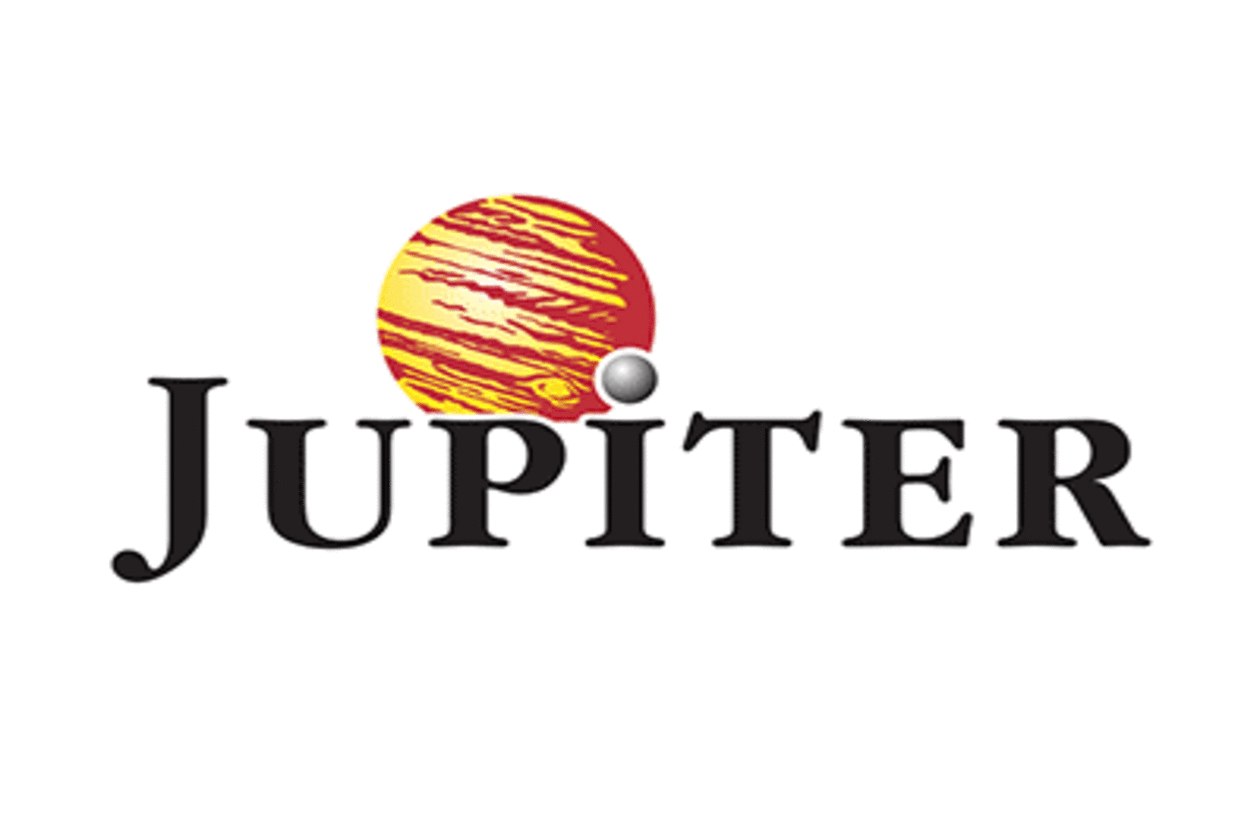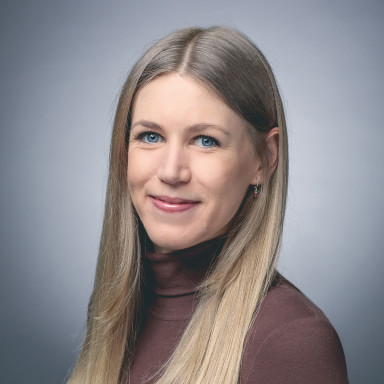Mark Heslop and Mark Nichols each have over two decades of experience of investing in Europe
The managers invest in companies for the long term and favour those with a sustainable competitive advantage
Performance since the managers took over has been mixed, partly because their investment style has been out of favour at times
The fund does not currently feature on the Wealth Shortlist of funds chosen by our analysts for their long-term performance potential
How it fits in a portfolio
The Jupiter European fund aims to grow investors’ money over the long run by delivering a return higher than its benchmark, the FTSE World Europe ex UK index. The fund’s managers favour larger, more stable European businesses, which they believe offer the best growth potential and the ability to weather economic storms over the long run.
We think the fund could offer exposure to Europe as part of a long-term global investment portfolio, or sit alongside other European funds with different investment styles.
Manager
Mark Heslop and Mark Nichols joined Jupiter from Columbia Threadneedle (CT) in 2019 and have been investing in Europe since 1999 and 2001 respectively. They took over management of the Jupiter European fund in October 2019.
Prior to this, Heslop was a part of CT’s European equities team for 11 years and was appointed lead manager of their European Smaller Companies Fund in 2013. Nichols joined CT in 2015 and became co-manager of the European Select Fund, which currently features on our Wealth Shortlist.
The managers have built up the team since joining Jupiter. This includes adding Phil Macartney, a fund manager with 17 years’ experience across UK and European companies, Sohil Chotai, a fund manager with 12 years’ experience in European companies, and Nikisha Mistry, who has seven years’ experience as a European equities analyst.
Each team member is responsible for researching and analysing European companies and, apart from Mistry, everyone has fund management responsibilities too. Macartney is co-manager of the Jupiter European Smaller Companies fund alongside Heslop, and Chotai is co-manager of the European Special Situations fund alongside Nichols. Each European fund shares a similar investment process, so we feel the managers can comfortably manage their commitment to each.
Heslop and Nichols also view it as a team-based approach, and encourage discussions, debate, and the sharing of ideas across each European fund. They also have the support of Jupiter’s ESG (Environmental, Social and Governance) & Stewardship team.
Process
The managers aim to invest in world class, quality companies across the European continent and use a clear process to help with this.
In terms of ‘quality’, they look for businesses that consistently produce cash, have a high return on the money invested in the business, and a competitive advantage that makes them stand out and can be sustained over the long term. This could include companies with the ability to be innovative, those with a brand that customers stay loyal to, or the ability to grow without costs increasing too much. To analyse these factors, the fund managers consider the rivalry that exists between different companies, including the threat of new players in the market.
Importantly, the managers must believe the businesses they invest in can continue to grow over the long term. Strong cash flows help with this, and can also provide resilience against tougher economic conditions. They also like companies that make money outside of Europe, so they’re not only relying on businesses and consumers within the continent to grow.
This focus on quality and growth isn’t necessarily unique to this fund. That said, it’s a process the managers have used over many years and that all team members are proactively a part of. In addition, the set up at Jupiter means the managers have the freedom to invest with conviction, while still having appropriate checks and balances in place.
Note that the managers invest in a relatively small number of companies, currently 37, which means each one can have a significant impact on performance, either positive or negative, and this increases risk.
As the managers aim to invest in companies for the long term to benefit from steadier growth, rather than for the potential of short-term exponential growth, they don’t make changes too often. That said, some changes do get made as new opportunities arise.
Schneider Electric, a French energy and automation business, has been added to the fund. The managers believe, amongst other things, the business could benefit from the electrification of buildings, which could ramp up over time as companies look to reduce their carbon emissions.
They’ve also invested in software and technology firm SAP. They feel it’s at the forefront of providing the infrastructure that businesses need to move their operations to the cloud, for instance, and it’s also becoming more agile as it begins to integrate Artificial Intelligence (AI) into its software. This is an example of a business that could stand out against global competitors.
Elsewhere, the managers have reduced investments in companies that are more directly impacted by consumer spending. This includes luxury goods company LVMH and wine and spirits business Pernod Ricard. They still believe these businesses could perform well – in the case of the latter, it could benefit from demand for premium drinks and at-home cocktails. But their size in the fund has been reduced given some of the wider economic challenges in Europe and changing consumption habits.
Culture
The fund managers at Jupiter are given autonomy to invest the way they see fit. They believe this will benefit investors over the long run, but this autonomy comes with an appropriate level of challenge from others in the business. This business setup allows Nichols and Heslop to focus on fund management, their team, and maintain flexibility.
Each manager is incentivised in line with the performance of their funds over various timeframes. We think this aligns their interests with those of investors and helps the managers to focus on aiming to deliver strong performance for clients.
ESG integration
Jupiter’s approach to ESG is fund manager led, so the fund managers themselves are responsible for implementing ESG in their investment decisions. They typically approach these issues with a materiality-based approach, which means they focus on ESG risks most material to each company.
The firm also subscribes to several third-party data providers which offer information that fund managers can use in their research. Where red flags are raised, the managers investigate. Fund managers work closely with central experts on ESG integration, engagement, and proxy voting and the fund managers’ commitment to these topics is a consideration in their annual appraisals.
We like that engagement is not delegated to a separate department. Instead, the fund manager who made the decision to invest in the company leads engagement activity directly, allowing meaningful and relevant engagement.
Cost
The ongoing annual charge for this fund is 0.99%. This makes it one of the more expensive funds in the European sector. The HL platform fee of up to 0.45% per year also applies, except in the HL Junior ISA, where no platform fee applies.
Performance
Since Heslop and Nichols took over the fund in October 2019, performance has been mixed, though this remains a relatively short timeframe. Over this time the fund has grown 35.73%* compared with 42.88% for the IA Europe ex UK sector – a measure of the average European fund. As always though, past performance isn’t a guide to future returns.
The fund performed relatively well during the first two years under their management, most notably holding up well during the initial turmoil around the Covid-19 crisis. But performance in 2022 was weak. This was partly due to the fund’s quality growth investing style being out of favour. This was amplified by the strong returns from some of the companies and areas the managers tend to avoid, such as oil & gas companies and banks. Both these areas did well, so the fund missed out on gains here.
More recently, over the past year the fund has grown 10.33%. This is an attractive one-year return, though it’s slightly behind the 11.80% return for the IA sector. Again, the fund’s style has held back performance at times, though it helped towards the end of 2023.
Companies that have performed well include pharmaceutical company Novo Nordisk, which has benefited from the popularity of its obesity drugs in the US. RELX, the information and analytics business, also performed well. On the other hand, a lack of investments in banks continued to hold back performance.
Over the longer term the fund managers are confident their quality growth style and long-term focus will reward investors. They believe companies with pricing power – the ability to raise prices without impacting customer demand – will see the fund provide resilience over the longer term. There are no guarantees though and the style, as is the case with any investment style, will come in and out of favour.
The fund doesn’t currently feature on the Wealth Shortlist as, while the managers have prior experience, we would prefer to continue to monitor the fund and performance during their time at Jupiter. There are also other managers in this sector of whom we have a more positive view.
Annual percentage growth
30/06/2019 To 30/06/2020 | 30/06/2020 To 30/06/2021 | 30/06/2021 To 30/06/2022 | 30/06/2022 To 30/06/2023 | 30/06/2023 To 30/06/2024 | |
|---|---|---|---|---|---|
Jupiter European | 6.16 | 14.50 | -15.56 | 19.54 | 10.33 |
IA Europe ex UK | 1.13 | 23.55 | -12.81 | 17.86 | 11.80 |


